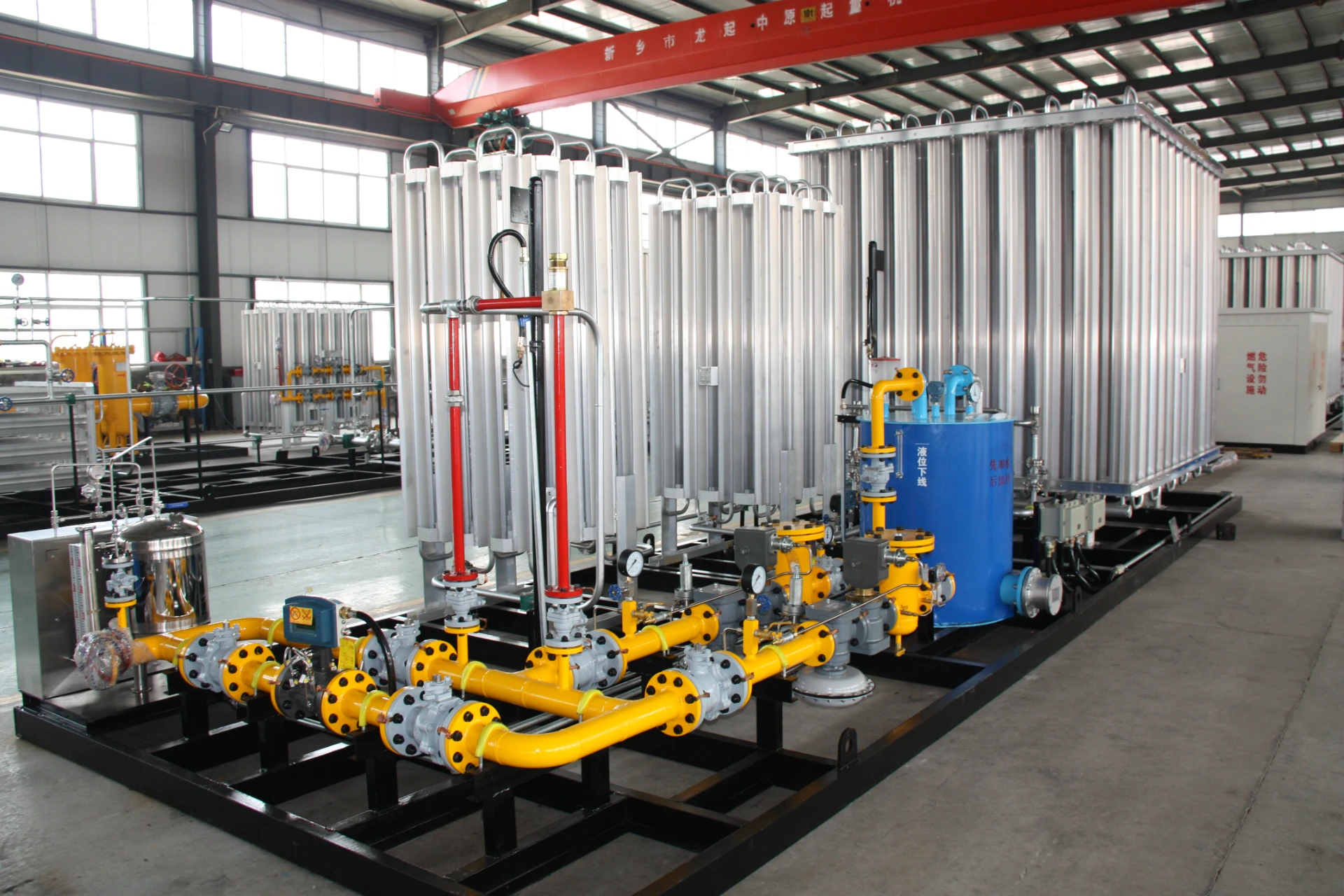
Dec . 03, 2024 12:40
Back to list
lng
Exploring the World of LNG A Clean Energy Future
Liquefied natural gas (LNG) is rapidly gaining prominence as a key player in the global energy landscape. With the increasing urgency to combat climate change, LNG offers an alternative to more polluting fossil fuels such as coal and oil. In recent years, the world has witnessed burgeoning interest in LNG as a cleaner, more efficient energy source. This article explores the significance of LNG, its benefits, and the potential challenges it faces in the transition to a sustainable energy future.
.
One of the primary advantages of LNG is its lower carbon emissions compared to other fossil fuels. When burned for electricity generation, LNG produces significantly less carbon dioxide than coal and oil. Additionally, the combustion of natural gas emits fewer pollutants, such as sulfur dioxide and nitrogen oxides, which are responsible for air quality issues and respiratory illnesses. Consequently, many nations have started pivoting toward natural gas, effectively using it as a transitional fuel in their efforts to decarbonize their energy systems.
lng

Moreover, LNG plays a critical role in enhancing energy security. With growing global demand, countries can diversify their energy supplies by importing LNG from various sources. This diversification reduces dependence on a single energy provider and mitigates risks associated with political instability in supplier regions. As nations pursue energy independence and sustainability, LNG presents an opportunity to ensure a stable supply while transitioning toward more renewable energy sources.
However, despite its benefits, the LNG market does face several challenges. The extraction and transportation of natural gas can lead to methane leaks, a potent greenhouse gas that is far more effective at trapping heat in the atmosphere than carbon dioxide. Mitigating these emissions during the extraction and distribution processes is crucial for maintaining the climate benefits of using LNG. Furthermore, the infrastructure required for transporting and regasifying LNG represents significant financial and logistical investments, which might be a barrier for some developing nations.
Additionally, there is an ongoing debate about the long-term role of LNG in the energy transition. As countries strive to electrify their economies and embrace renewable energy sources such as wind, solar, and hydropower, the future demand for LNG could be influenced by the speed at which these technologies are adopted. Critics argue that investments in LNG infrastructure may lock in fossil fuel reliance and distract from the urgent need to pursue truly sustainable energy solutions.
In conclusion, LNG holds significant promise as a cleaner energy source that can facilitate the transition away from the more polluting fossil fuels of the past. Its advantages in terms of lower emissions and energy security are compelling, yet the challenges it faces cannot be overlooked. As the world continues to explore pathways toward a sustainable energy future, understanding the role of LNG will be essential in navigating the complexities of climate change, energy demand, and global economic development. Embracing the potential of LNG while conscientiously addressing its drawbacks may help pave the way for a more sustainable and secure energy landscape for generations to come.
Next:
Latest news
-
Safety Valve Spring-Loaded Design Overpressure ProtectionNewsJul.25,2025
-
Precision Voltage Regulator AC5 Accuracy Grade PerformanceNewsJul.25,2025
-
Natural Gas Pressure Regulating Skid Industrial Pipeline ApplicationsNewsJul.25,2025
-
Natural Gas Filter Stainless Steel Mesh Element DesignNewsJul.25,2025
-
Gas Pressure Regulator Valve Direct-Acting Spring-Loaded DesignNewsJul.25,2025
-
Decompression Equipment Multi-Stage Heat Exchange System DesignNewsJul.25,2025

